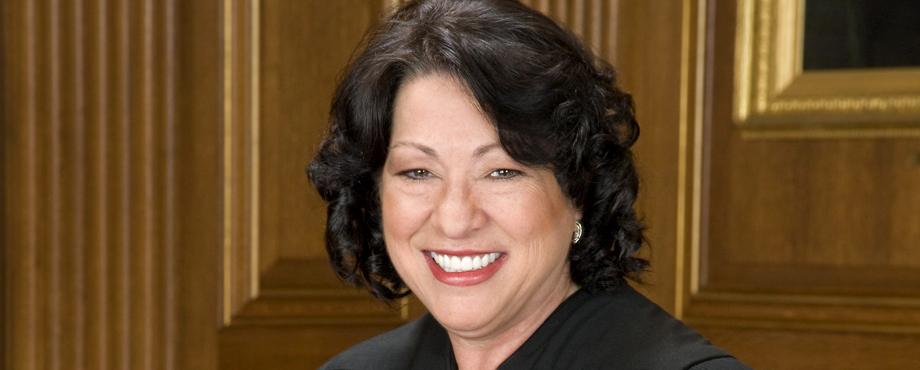Norwegian student: Changing gender designation to gain university admission “as easy as switching mobile plans”
08/16/2023 / By Belle Carter

A male student in Norway changed his gender marker to gain extra admission points at the Norwegian University of Science and Technology (NTNU) after failing to meet merit-based standards. According to him, it was as easy as “switching mobile plans.”
The said university “boasts” of a development plan for “gender equality and diversity.” NTNU claimed that there is gender imbalance in many disciplines and women are still under-represented in top-level academic positions and to combat the over-representation of one sex in several programs, it has adopted a unique policy to award those who apply as “female” with extra points towards admission. Authorities approved the policy and the points system was introduced before this year’s admission. This, however, does not apply in programs where there is no gender imbalance, the NTNU said.
Norwegian business newspaper Finansavisen reported that the unnamed student decided to change his gender marker from male to female so that he can collect just enough points to be admitted into the prestigious Industrial Economics and Technology Management (Indøk) program. Said curriculum had a bonus of two “gender points” for “female” applicants.
According to the university applicant changing his gender marker for the purposes of gaining admission took only approximately seven weeks to be completed, adding that other male students have also “changed their legal gender” to secure their own spots at NTNU.
The university’s Faculty of Economics Dean Monica Rolfsen spoke to Khrono, an independent newspaper for higher education and research. She told the news portal that they had no intention of following up on the matter and stood by their “woke” belief that the gender change was legitimate and that the school would not intervene.
“What kind of gender the student has and whether a student changes gender, and why, we really have nothing to do with that. It is a private matter,” she insisted. (Related: British Columbia greenlights legislation allowing kids to self-identify as a gender that contradicts their biological reality.)
Last year, one needed to have 66.9 points to enter the ordinary quota. With the introduction of gender points, the average has increased to 68.4 points. This year, out of the 252 students admitted to the university’s Indok program, 170 students, or 67 percent claimed to be women. Rolfsen also said that the proportion of women has reached 40 percent of the school’s overall population but the gender points system will be reevaluated in the fall.
“Based on what we knew at the time about the numbers of applicants, as opposed to those who actually met, we should probably have made a new assessment as to whether it was necessary to pass on gender points,” Marit Reitan, vice-chancellor at NTNU agreed and wrote this in an email.
Lawyer: Additional points for female student applicants may be ILLEGAL
According to lawyer and University of Oslo (UiO) scholarship holder Gullik-Andre Fjordbo as well as law professor Vibeke Blaker Strand, the additional points given to girls who apply for the school may be illegal.
According to an article on the local news site Dagens Naeringsliv (DN.no), a measure to counteract discrimination at the system level contributed to the fact that boys, who would probably have been qualified if it were not for the gender points, have not entered the desired course. These are exposed to direct discrimination, said Strand. She pointed out that the Higher Education Act must satisfy the Equality and Discrimination Act, which happened to be one of the professor’s areas of expertise.
“In this case, it does not. Gender points are not a tool that is suitable for promoting equality when it leads to an increased gender imbalance in the opposite direction,” he explained. “There are strict requirements for discrimination to be legal under the Equality and Discrimination Act. Because gender points are very invasive, a clear gender imbalance is therefore required to introduce such a measure. This means that even if there are still more boys than girls on the course as a whole, that is not enough to justify gender points.
Strand believes that the NTNU should have seen the red flags, “They should have thought that this could happen. Now we stand there, the study places have been distributed, and a good number of boys are exposed to direct discrimination,” he stressed.
Violators of the act may be at risk for litigation from victims for compensation for financial loss, which she noted may apply in this case as well as compensation for non-financial damage.
Follow LeftCult.com to read more about “insane” woke guidelines imposed by governments worldwide.
Sources for this article include:
Submit a correction >>
Tagged Under:
absurd, admission, biased, campus insanity, conspiracy, culture wars, deception, diversity, education system, gender, gender equality, gender imbalance, gender wars, identity politics, left cult, lies, merit-based standards, Norway, political correctness, propaganda, public education, social justice, woke mob, wokies
This article may contain statements that reflect the opinion of the author
RECENT NEWS & ARTICLES
COPYRIGHT © 2018 PUBLICEDUCATION.NEWS
All content posted on this site is protected under Free Speech. PublicEducation.news is not responsible for content written by contributing authors. The information on this site is provided for educational and entertainment purposes only. It is not intended as a substitute for professional advice of any kind. PublicEducation.news assumes no responsibility for the use or misuse of this material. All trademarks, registered trademarks and service marks mentioned on this site are the property of their respective owners.




















